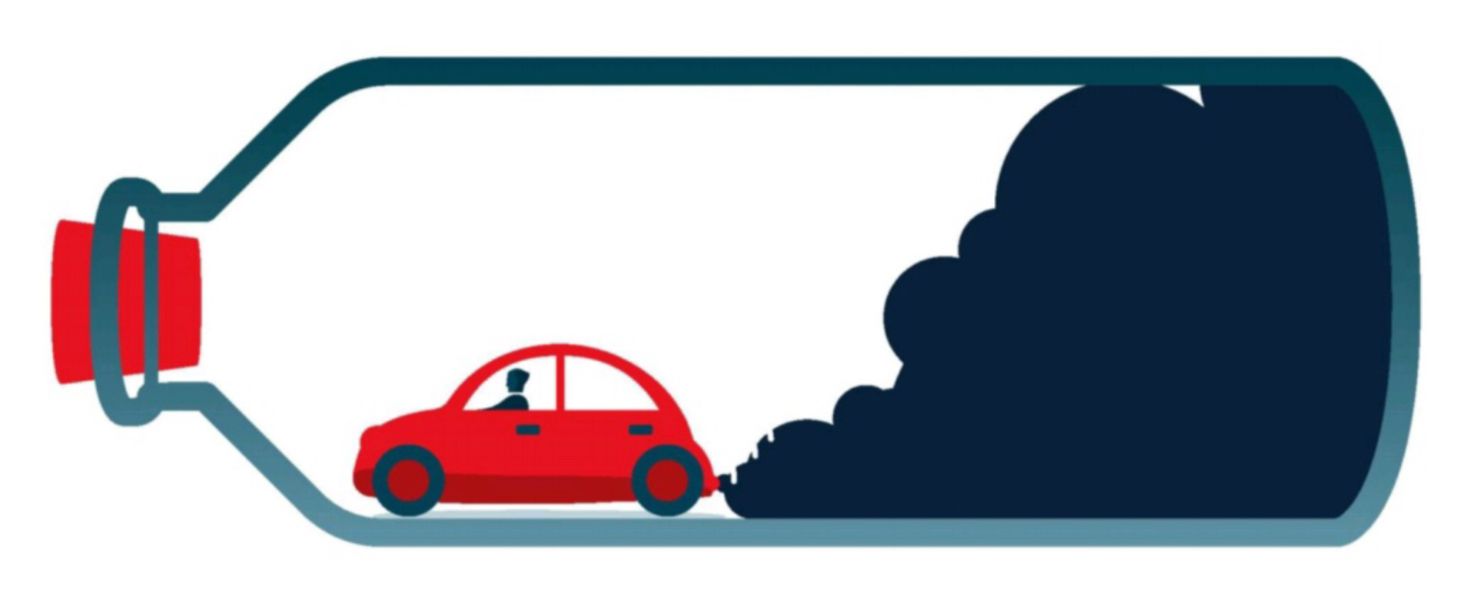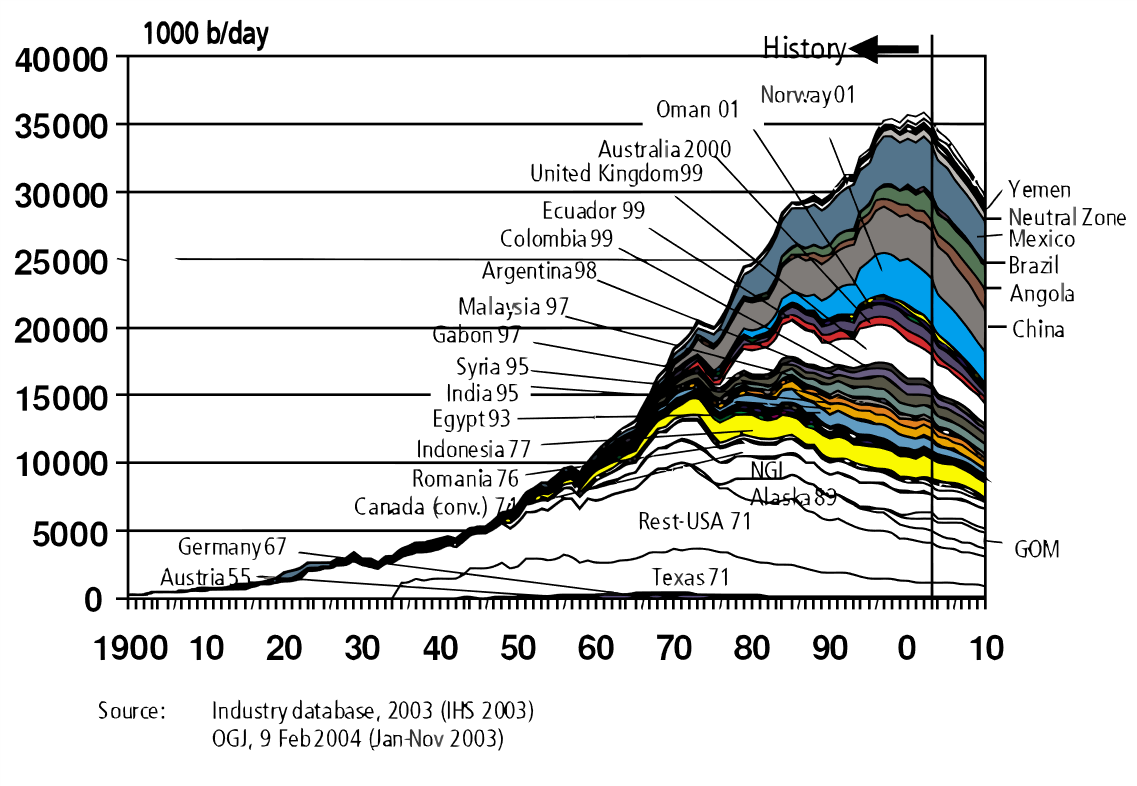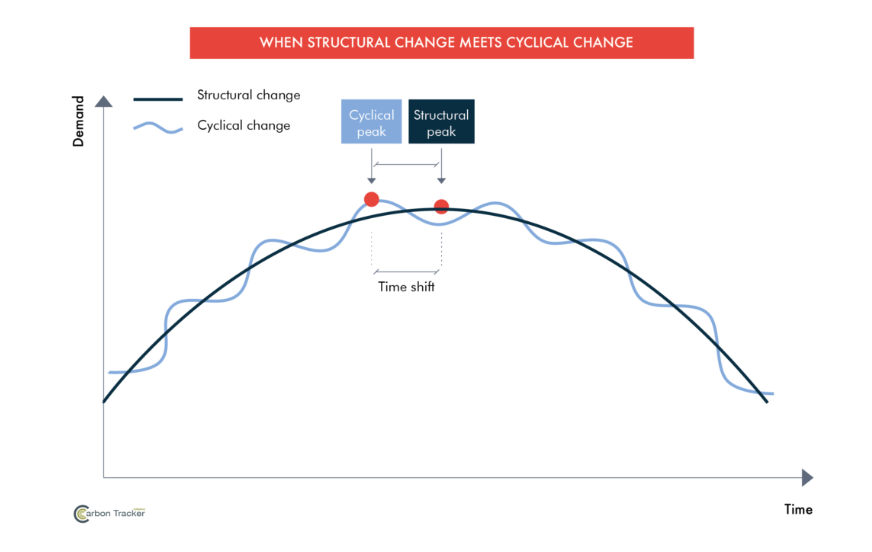From Peak Oil Theorem to Peak demand Cyclical downtime

Tareq Aljumylee First Published on April 29, 2020
The most famous peak oil prediction was from M. King Hubbert. In a 1956 paper, Nuclear Energy and the Fossil Fuels, Hubbert suggested that oil production in a region would approximate a bell curve, increasing exponentially during the early stages of production, reaching a peak when approximately half of a field had been extracted, and then going into terminal production decline.

This theory implies that oil prices will increase as supplies struggle to keep up with demand.
But, with the advent of new technologies for oil production and the discoveries of new reserves the peak of the bell was shifting continuously. Prices rarely reached the estimated real value of oil.
Any how the Oil supply infrastructure has it's peak (Structural peak) which is determined by many factors (technical, investment, political, innovation, etc.).
On the other side the Oil Demand itself has its own cycle (Cyclic Peak) which is impacted by many factors including crises such as the current pandemic COVID19.
Once the cyclical peak for the oil started it's downturn, the Oil Demand will drop dramatically leaving behind prices in the hell.

(cyclical peak) after COVID19 will never be as before COVID19 due to the following reasons.
•The world economy is having a serious setback. We do not know how serious and how long, but also when the restrictions are eased, economic activity will be significantly subdued. This means lower oil consumption than we would otherwise have.
•Some "oil dependent" sectors are particularly affected. Aviation, which for many years has been a strong driver of increased oil demand, will need time to return. A weaker economy is causing less mass tourism, and perhaps more people will also be able to travel. Cruise tourism may also have seen its best days.
•Digital meeting forms, which are now being tested, will reduce the number of work trips. Costs and time can be saved. Experience with home office and decentralized work probably also results in less work. This can result in huge socio-economic gains. But the private car is also a "anti virus measure." It can lead to more car use and ergo increase oil demand. At the same time, many big cities may want to preserve the benefit of clean air through restrictions on car use, which seems the other way around.
The corona crisis will provide a number of green crisis packages. At least in Europe, but also in other parts of the world, we can expect that the rollout of electric cars and other technologies that cut emissions and oil consumption will accelerate. The climate crisis won't be gone if the corona crisis is overcome. The IEA chief, Fatih Birol, writes well about this. Lower oil prices make it easier to remove subsidies and introduce CO2 pricing, without increasing consumer costs.